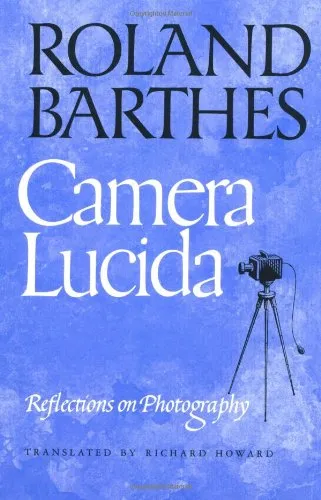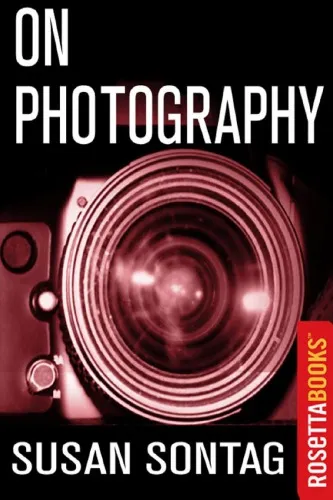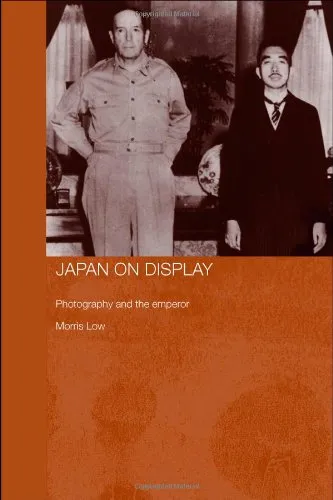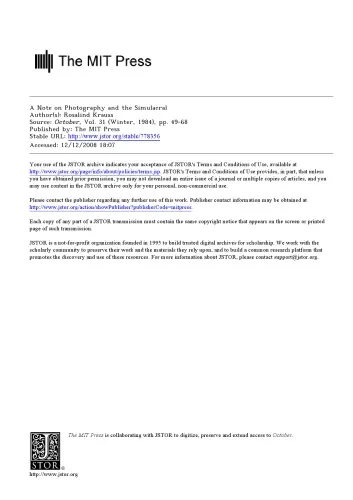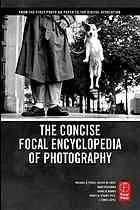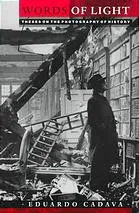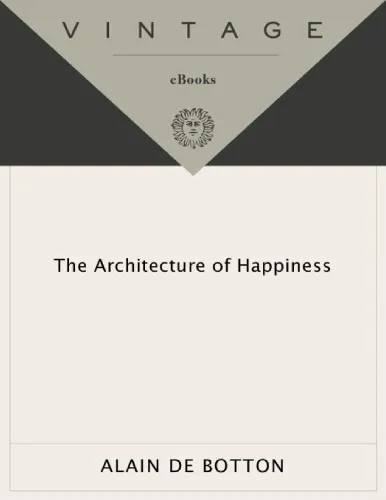Camera Lucida: Reflections on Photography
4.5
Reviews from our users

You Can Ask your questions from this book's AI after Login
Each download or ask from book AI costs 2 points. To earn more free points, please visit the Points Guide Page and complete some valuable actions.Related Refrences:
Welcome to this introduction to "Camera Lucida: Reflections on Photography", a profound exploration of photography by the renowned French literary theorist Roland Barthes. This book is both a personal and philosophical journey into the essence of photography, delving into its meaning, effects, and emotional depth.
Detailed Summary of the Book
"Camera Lucida" is a unique melding of memoir and theory. The text is Barthes's last, completed work before his untimely death, and it serves as both an analytical and personal reflection on the medium of photography. Barthes begins his exploration by questioning the nature of photography: what is it that defines a photograph's essence? He is less interested in the technical or artistic aspects and more invested in understanding its impact on the viewer and its ability to capture the ineffable.
Throughout the book, Barthes introduces the concepts of 'Studium' and 'Punctum', which are crucial to his theory of photography. 'Studium' refers to the cultural, linguistic, and political interpretation of a photograph, while 'Punctum' represents the puncturing detail that leaps out of the photo and pierces the observer on a personal and emotional level. He argues that while 'Studium' can be shared among audiences, 'Punctum' is intensely personal and subjective.
The narrative becomes deeply personal when Barthes reflects on the death of his mother and uses photography to cope with his grief. This introspection leads to some of the most poignant passages in the book, where he searches for a photograph that encapsulates her true essence and the shared intimacy of their relationship.
Key Takeaways
- The dualistic approach to understanding photography: 'Studium' vs. 'Punctum'
- The exploration of photography as a tool for memory and mourning
- The shift from photography as a mere image to a complex interaction with personal significance and cultural context
- The insight that photography does not only capture a moment in time but interacts with and shapes the emotions of the observer
Famous Quotes from the Book
"What the Photograph reproduces to infinity has occurred only once: the Photograph mechanically repeats what could never be repeated existentially."
"For the photograph is the advent of myself as other: a cunning dissociation of consciousness from identity."
Why This Book Matters
"Camera Lucida" stands out as a seminal work because it transcends a traditional academic approach to photography by intertwining personal narrative with theoretical inquiry. Barthes's philosophical and emotional engagement with photographs provides insights not only into photography itself but also into the way we, as humans, seek meaning, memory, and connection through the images we cherish.
The book's contribution to the field of photography theory is unparalleled. It invites readers to look beyond the surface of photographs, understanding that each image has the potential to convey deeply personal stories and stir emotions unique to each viewer. In a broader context, it reflects Barthes's analytical prowess and ability to dissect various forms of art and media, offering readers new perspectives and tools to explore their personal interactions with visual culture.
In conclusion, "Camera Lucida" is a must-read for anyone intrigued by the philosophical underpinnings of photography, the intersection of personal narrative with art, and the human quest for meaning within fleeting moments captured by the camera. Barthes's reflections offer timeless insights that continue to resonate with readers and provoke thought about the emotional and existential aspects of photographs.
Free Direct Download
You Can Download this book after Login
Accessing books through legal platforms and public libraries not only supports the rights of authors and publishers but also contributes to the sustainability of reading culture. Before downloading, please take a moment to consider these options.
Find this book on other platforms:
WorldCat helps you find books in libraries worldwide.
See ratings, reviews, and discussions on Goodreads.
Find and buy rare or used books on AbeBooks.
1504
بازدید4.5
امتیاز0
نظر98%
رضایتReviews:
4.5
Based on 0 users review
Questions & Answers
Ask questions about this book or help others by answering
No questions yet. Be the first to ask!
